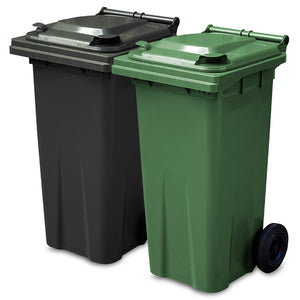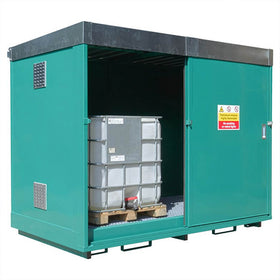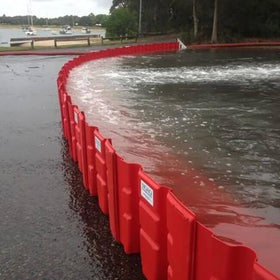Best Practice for Oil Spill Pays Off
On Wednesday of last week, following a routine oil transfer to a fuel barge in Port Angeles Harbour, Washington, 840 gallons of fuel was believed to have spilled into the water. Estimations later on in the week put the spill at between 50 and 100 gallons. The incident, albeit small, could have drastically damaged the marine environment had it not been for the precautions that Washington State undertake every time a transfer of fuel occurs over water. As Curt Hart from the Washington Department of Ecology explained;
“Fortunately in the State of Washington, whenever we have these large fuel transfers over water, we make sure that the oil spill containment boom is placed before the transfer starts.”
This sort of best practice is critical to maintaining a healthy and vibrant ecosystem, especially in areas where the potential for oil spills is high. Containment booms can be used retrospectively in an emergency oil spill situation to try and capture as much of the spilled oil before it can affect marine life, but the practice demonstrated by Washington State underlines the need for all port and harbour authorities to have in place a well drilled and pre-emptive approach to oil spills.
No birds, mammals or fish were harmed during the spill, which is currently being cleaned up by the Department of Ecology in conjunction with the US Coast Guard, the Marine Spill Response Corporation and Global Diving and Salvage.




